Keywords: Cost
There are more than 200 results, only the first 200 are displayed here.
-
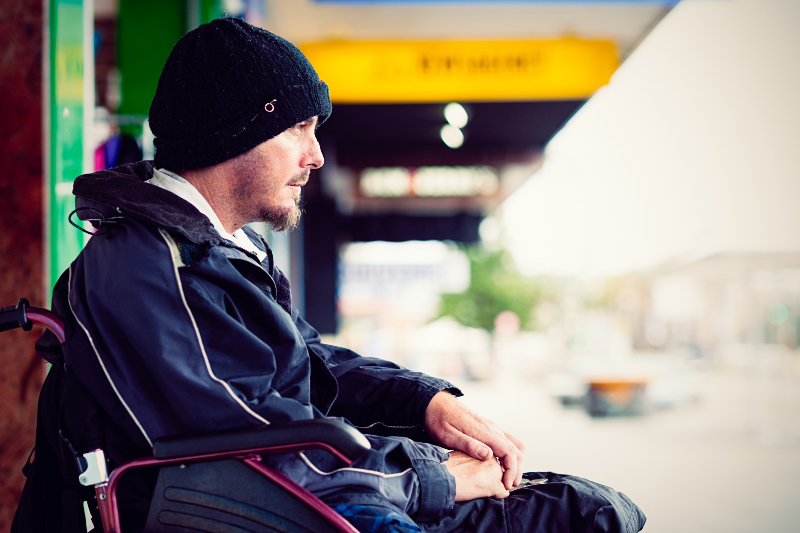
AUSTRALIA
- Claire Victory
- 19 May 2022
1 Comment
There is an Australia that many people seldom encounter and its citizens number in the millions. These citizens live in all cities and regional towns, often in sub-standard yet costly housing, and struggle to survive week to week on low wages or inadequate government assistance.
READ MORE 
-
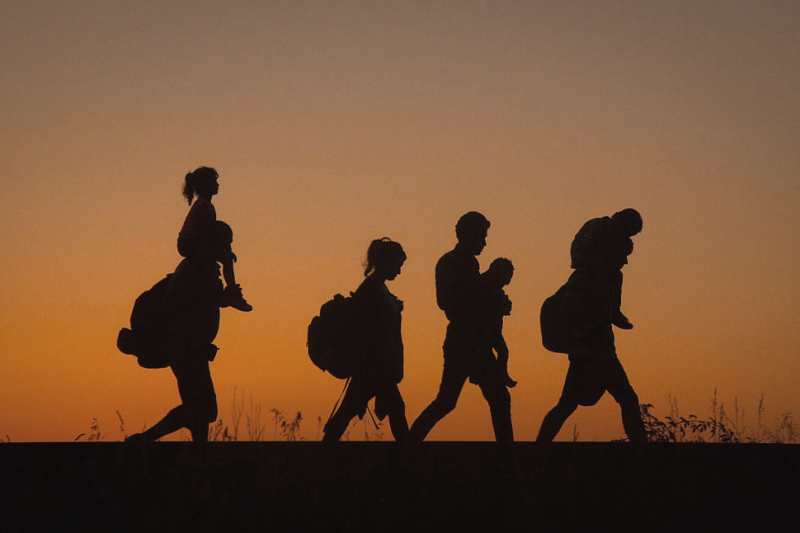
RELIGION
I have always considered myself pro-life. It’s not something I’ve felt a need to wear as a badge of honour, rather it has always been a default position. But terminology matters. Indeed, frequently, calling myself pro-life has drawn the derision or raised eyebrows of people around me, nuns and priests and radical ratbags alike, it has connotations.
READ MORE 
-
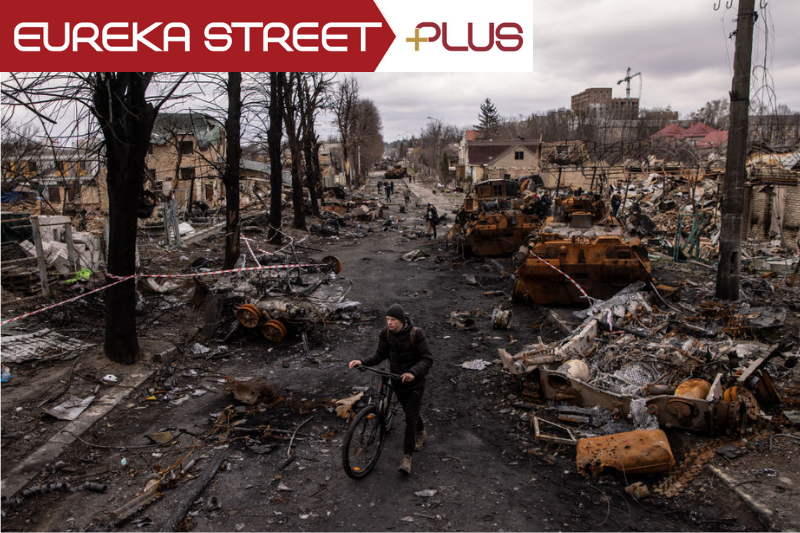
INTERNATIONAL
- Andrew Hamilton, David Halliday, Michele Frankeni, Stewart Braun
- 19 May 2022
5 Comments
We are now three months into the Ukraine war. From an invasion it has turned into a war of attrition that has cost many lives, displaced civilians, destroyed cities, and led to sanctions and the making of alliances with effects that have spread suffering far beyond Ukraine. In this Roundtable, Andrew Hamilton SJ, David Halliday, Michele Frankeni and Dr Stewart Braun explore the ethics of the war and likely paths to peace.
READ MORE 
-
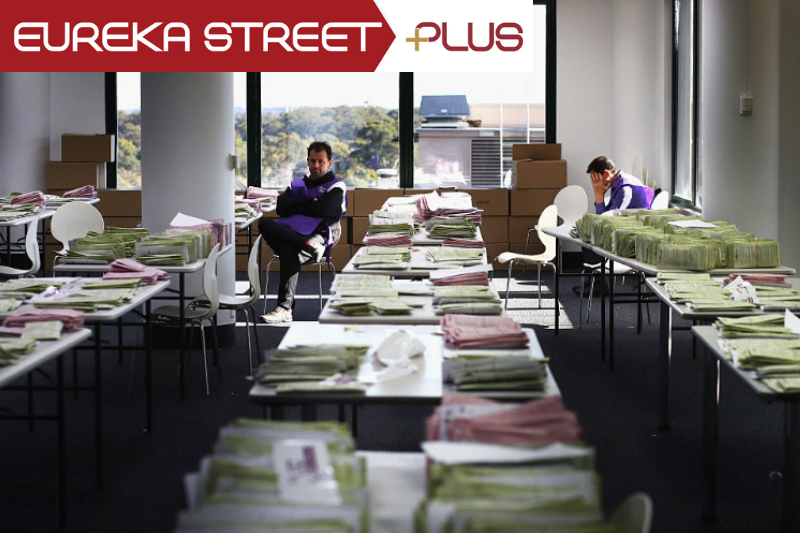
AUSTRALIA
- Andrew Hamilton
- 13 May 2022
2 Comments
As the election campaign mercifully comes to an end, many of us have been musing on what the new Government should do when it comes into office. It is a difficult question to answer because both Parties have excluded any radical action to address the clear and pressing needs of Australians. Fires, floods and insurance costs highlight the need for immediate and shared action to address climate change. The simultaneous high cost of housing, the inadequate benefits available to the disadvantaged, and lack of accommodation for people in need testify to the need to address the growing inequality in Australian society.
READ MORE 
-
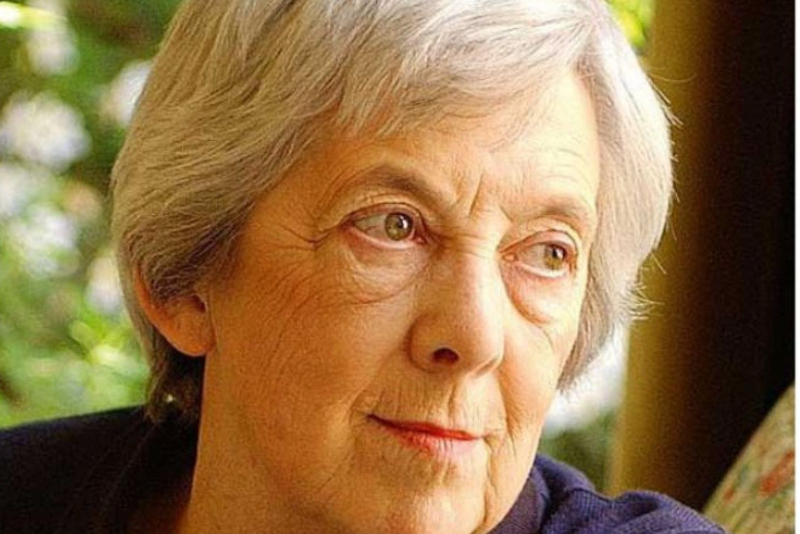
ARTS AND CULTURE
- Andrew Hamilton
- 28 April 2022
4 Comments
The quality of Niall’s writing is evident in An Accidental Career, though easily unnoticed. It lies in the clarity of her thought, her exact choice of words, the alternation of anecdote and reflection and the self-effacement that creates a direct link between the reader and the work itself. Her writing has the rare gift of simplicity. The precision of the title is characteristic of the book as a whole.
READ MORE 
-

AUSTRALIA
- Angela Costi
- 26 April 2022
1 Comment
We are told by the government and associated authorities that these are times of ‘personal responsibility’. This is undoubtedly a major transition from the heavy regulated existence not that long ago when the collective good outweighed individualism. Juxtaposed with this ‘forging forth’ expectation is the significant, if not alarming, increase in infection rates.
READ MORE 
-

AUSTRALIA
- Andrew Hamilton
- 21 April 2022
34 Comments
This year Anzac Day promises to be a subdued celebration with local events in which people who have fought in wars and their relatives can take part. Few will be able to travel to Gallipoli to remember the invasion. The focus of the day will remain rightly on the sorrow of war and not on the heroic achievements of soldiers or on deemed distinctive Australian qualities displayed at Gallipoli. The association of soldiers at Gallipoli with footballers playing their games on Anzac Day will seem not only crass but ridiculous.
READ MORE 
-
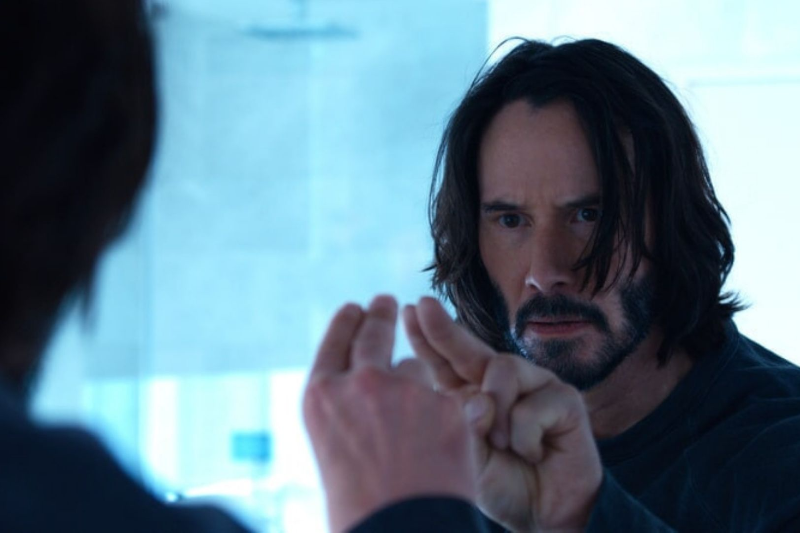
ARTS AND CULTURE
- Natasha Moore
- 14 April 2022
4 Comments
Is resurrection the ‘theme’ of 2022? Politicians want to resurrect the fortunes of CBD cafes, film studios are resurrecting old movie franchises, and we’re all doing our best to revive flagging spirits after two years (at least?) of bad news. And here we are at Easter weekend, the resurrection story: Jesus crucified and buried on Good Friday, raised from the dead come Easter Sunday.
READ MORE 
-

AUSTRALIA
- Andrew Hamilton
- 07 April 2022
6 Comments
Palm Sunday alternates between March and April. When, as this year, it is celebrated in April it keeps company with a number of days that provoke us to ask what and who matter, what and whom can you trust. If it is a cruel month, it is so because it tests, even mocks, our comfortable assumptions. In a year overshadowed by manifestations of climate change, of persistence of Covid and of the horrors of war, it is not a bad month to endure an election.
READ MORE 
-
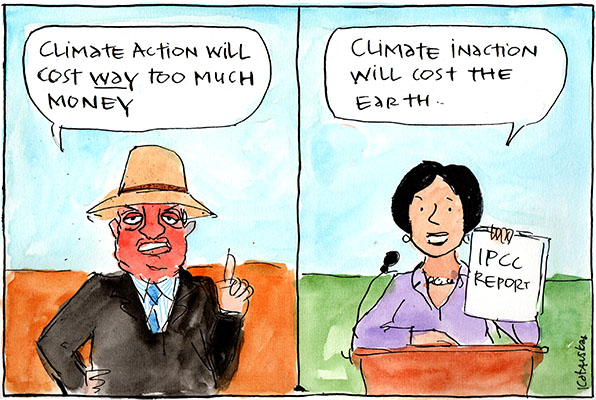
CARTOON
- Fiona Katauskas
- 05 April 2022
1 Comment
READ MORE 
-

AUSTRALIA
- Zacharias Szumer
- 05 April 2022
6 Comments
Like the aged care sector more broadly, home care is in the process of transition as the federal government implements a system designed around the principles of consumer choice and efficiency. The push is driven by expectations that the number of Australians accessing aged care services will more than triple by 2050.
READ MORE 
-
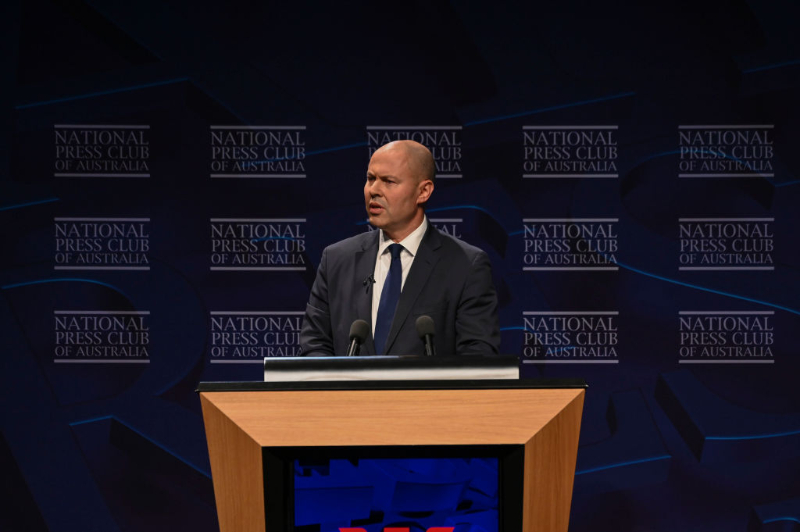
ECONOMICS
- Julian Butler
- 31 March 2022
1 Comment
In 2020 as the Covid-19 pandemic raged globally, as Australia shut its borders and some states shut in their people, massive government income support was introduced. The government was a little slow coming to recognise the need for such measures. Once they had, they wanted the support rolled out as quickly as possible. Frydenberg, Scott Morrison and their colleagues recognised that a demand side boost was absolutely necessary to sustain economic activity. The government was uncomfortable, though, with this approach.
READ MORE 